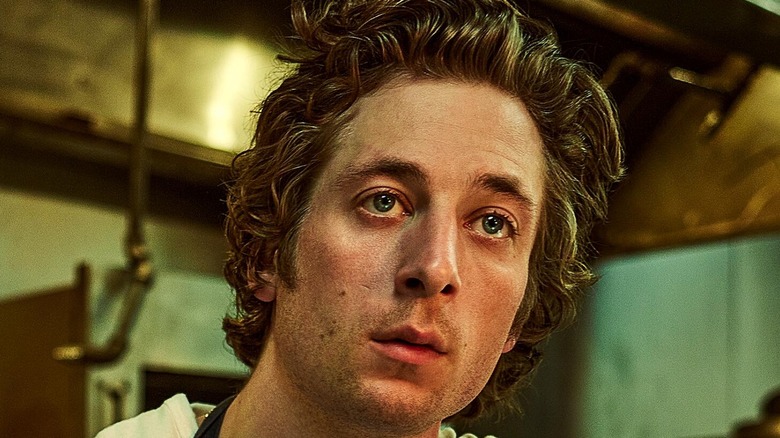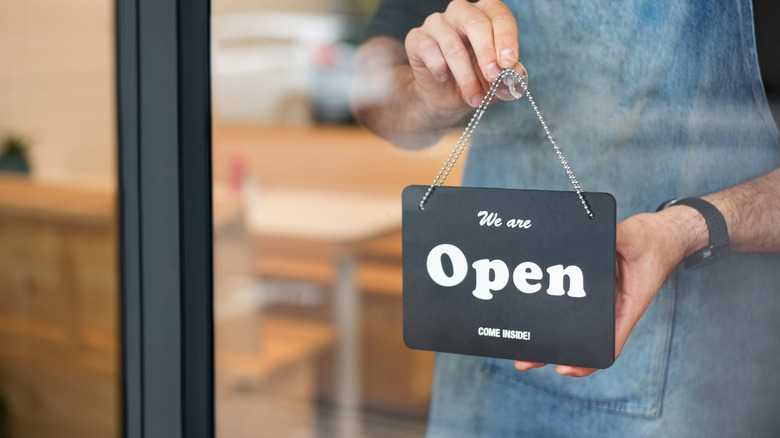What The Bear Season 2 Gets Right About The Struggles Of Opening A Restaurant - Exclusive
An endless refrain of "Yes, Chef!" has echoed across social media and television airwaves, which can only mean one thing. "The Bear" has returned for a second season, bringing another thoughtful look into the realities of working in the service industry. This time around, chefs Carmy Berzatto (Jeremy Allen White), Sydney Adamu (Ayo Edebiri), and the rest of the Original Beef crew provide a window into one of the most challenging aspects of the culinary world: what it takes to open a restaurant.
Throughout its first run, critics and hospitality professionals widely praised the show for its skilled representation of kitchen work. Once again, "The Bear" has nailed an authentic industry portrayal with its new season. In particular, the show's focus on the high financial cost of opening a restaurant is right on the money.
During an exclusive interview with Tasting Table, "The Bear's" culinary producer Courtney Storer discussed how even finding a pile of cash is only "a drop in the bucket" compared to the price of a culinary dream. "It's super expensive to open any business, let alone a restaurant, in an area where prices could be increasing daily," she says. "So much of the excitement dies out when you see how much it actually costs to make these dreams become a reality."
The Bear gets the cost of opening right
During the first episode of the second season of "The Bear," the crew quickly becomes aware that even an unexpected windfall isn't enough when opening a new restaurant. Despite an initial fund of $300,000, Carmy, Sydney, and Sugar (Abby Elliot) have to immediately seek additional financing for their new restaurant, bringing the restaurant's total start-up cost to $800,000.
According to a Restaurant Owner's survey, this price tag is accurate. Restaurants aiming for the upper quartile of sales ($1.8 million and above) can require an average investment of $750,500. The accounting service Sage provides a rundown of where these costs come from. Kitchen equipment can cost up to $150,000. A working point of sales system? That's another $20,000. Tables can be upwards of $80,000. For building improvements, hopeful restaurant owners can anticipate $250,000 to $350,000. (And possibly more if the walls happen to fall spontaneously.)
And that's not all. As producer Courtney Storer mentioned, many variable costs continue to rise. In 2020, the city of Chicago raised its restaurant tax, a mandatory fee for any business in the industry. Meanwhile, recent April 2023 numbers from the Department of Labor show that food costs within the restaurant industry have continued to grow even faster than retail food prices. Opening a restaurant like "The Bear" is still a fictional goal for many hopefuls without funding.

